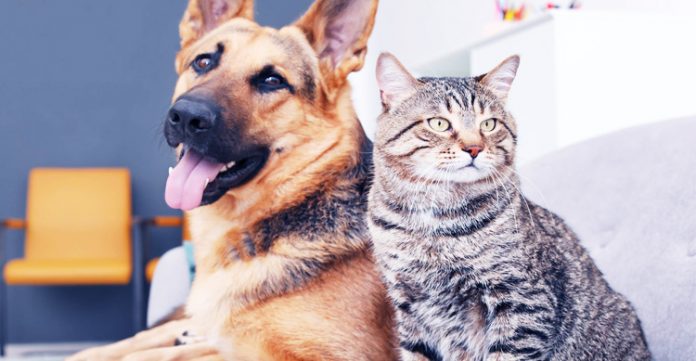London: Humans, then followed by ferrets and to a lesser degree cat, civets and dogs are the most susceptible creatures to SARS-CoV-2 infection, the virus behind the COVID-19 illness, as per researchers.
The study, issued in the diary PLOS Computational Biology, discovered that ducks, mice, rodents, chickens, and pigs had less or no susceptibility to the virus compared to people.
Study author Luis Serrano from the Centre for Genomic Regulation (CRG) in Spain stated: “Knowing which animals are susceptible to SARS-CoV-2 helps us prevent building up animal reservoirs from which the COVID-19 can re-emerge at a later date.”
Serrano included: “Our discoveries offer a clue for why minks – which are closely related to the ferret – are being infected by the disease, which is probably made worse by their packed living conditions and close contact with human workers.”
Ten species were analyzed in this paper. Five species – humans, dogs, civets, ferrets, and cats- have had documented instances of infection by SARS-CoV-2. There are no reports of infection in the other five species – ducks, rodents, chickens, pigs, and mice.
The researchers utilized computer modeling to test how the COVID-19 utilizes its spike proteins, which project from the surface of the virus, to infiltrate the cells of various animals.
The key point of entry on a cell’s surface is the ACE2 receptor, which ties with the spike protein through a lock-and-key component. There are several different variations of ACE2 within human populaces and across various species.
Variations of the ACE2 receptor in people followed by civets, dogs, cats, and ferrets have the highest binding affinities to the viral spike protein, while ducks, rodents, chickens, and mice have weak binding energy.
Nonetheless, binding affinity is not sufficient all alone to gauge a cell’s susceptibility to the virus.
The researchers additionally examined the various species’ ‘codon adaptation index’ – which is how efficient the COVID-19 is at commandeering a cell’s machinery whenever it has entered.
The more efficient the process, the better the COVID-19 can make the proteins it needs to replicate. Humans, ducks, and chickens have the highest codon adaptation index, while the other species are more badly adapted.
Considering both binding affinity and the codon adaptation index, the researchers say that people, then followed by ferrets, cats, civets, and dogs are the most susceptible creatures to infection by COVID-19.







